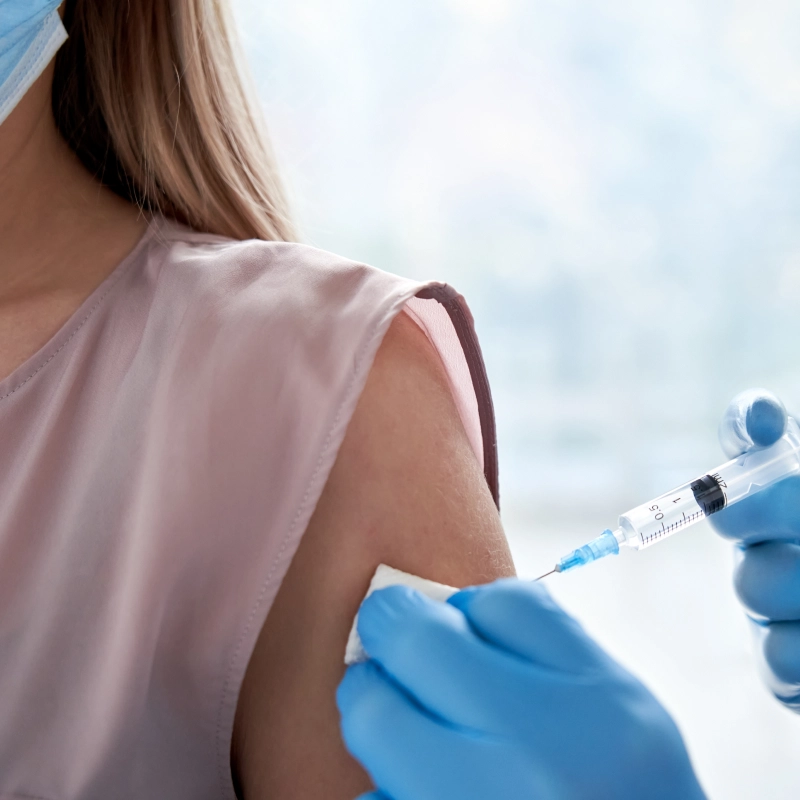Home/Wellness Zone/Sakra Blogs
18th Dec, 2023

Adult vaccination is a crucial aspect of preventive healthcare that often takes a backseat in public discourse. While childhood vaccinations are widely recognized and mandated, the importance of vaccinations doesn't diminish as we age. In fact, adult vaccination plays a vital role in maintaining overall health and preventing the spread of infectious diseases.
Enquire Now
